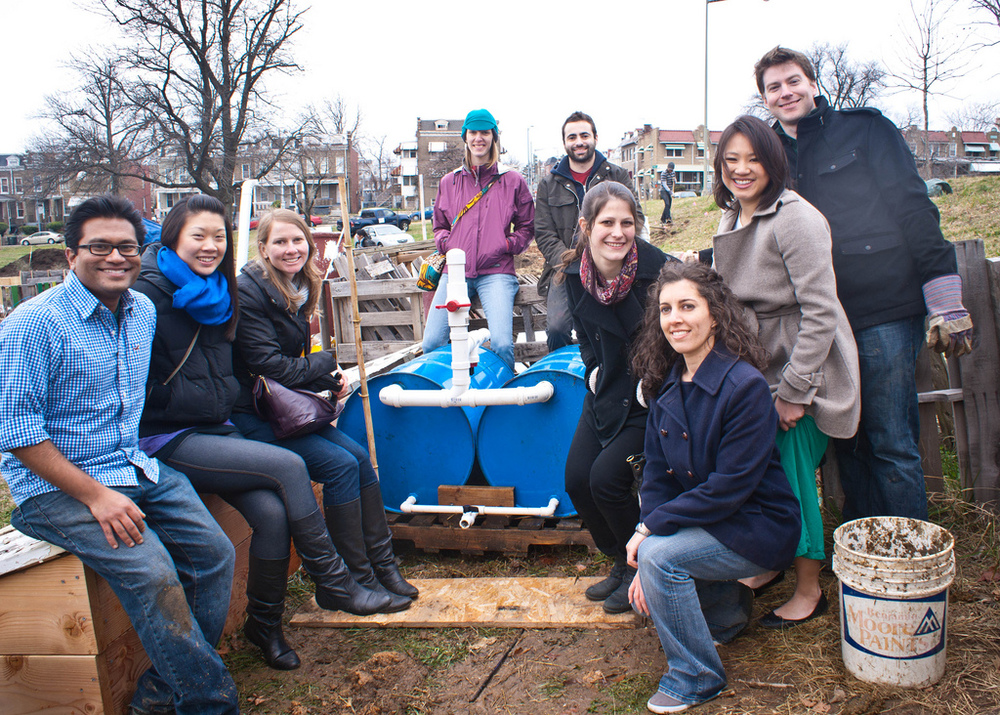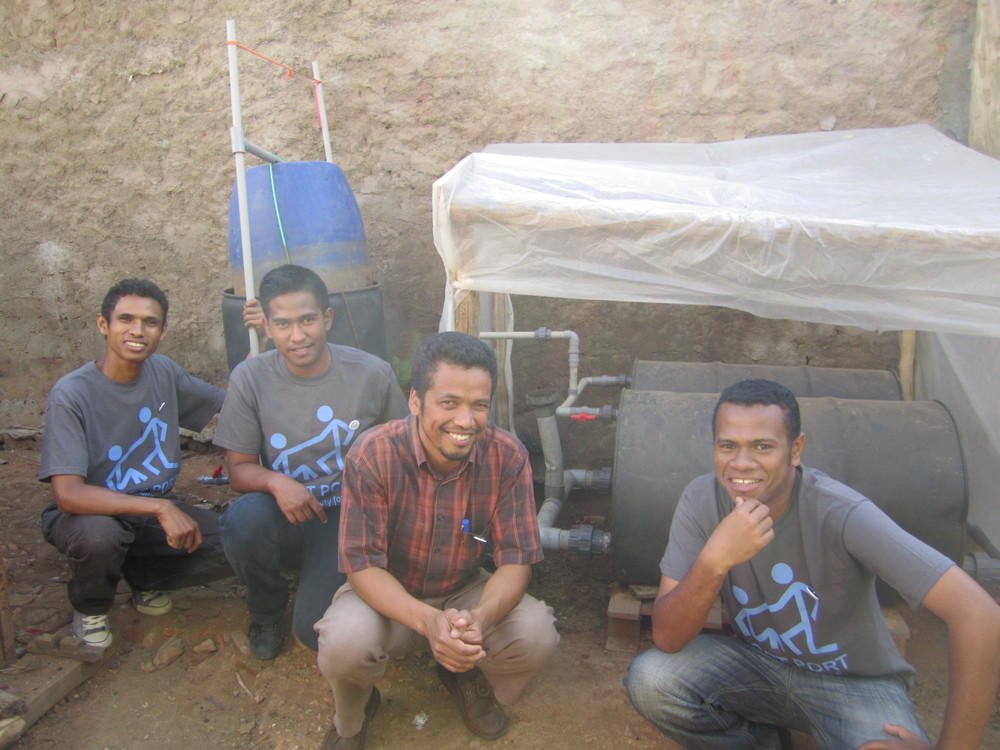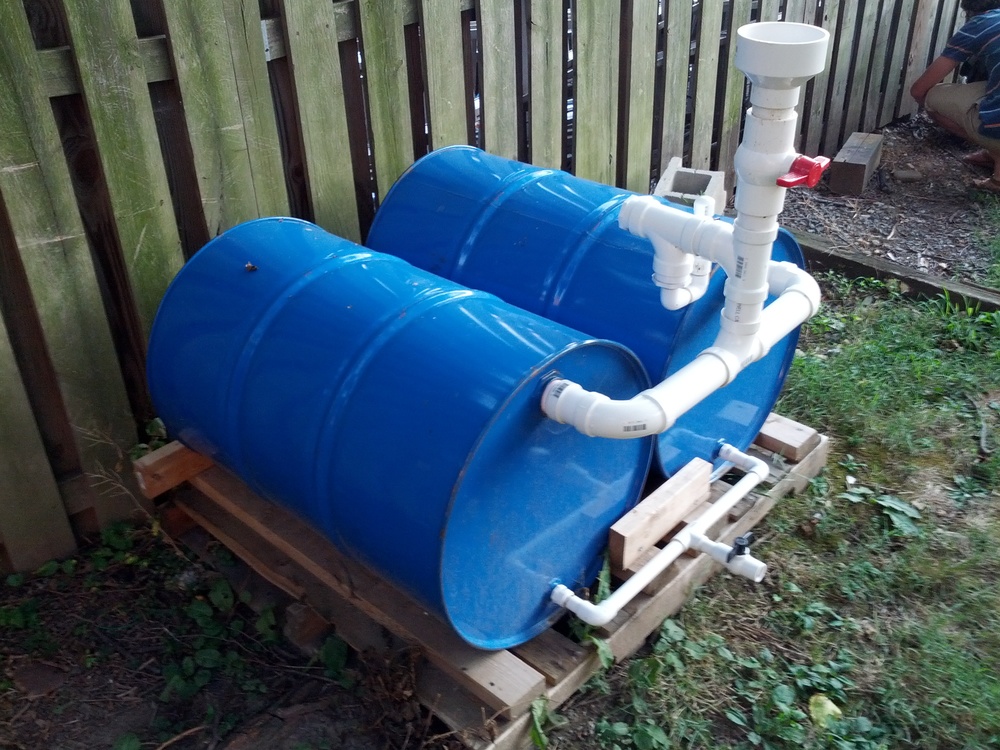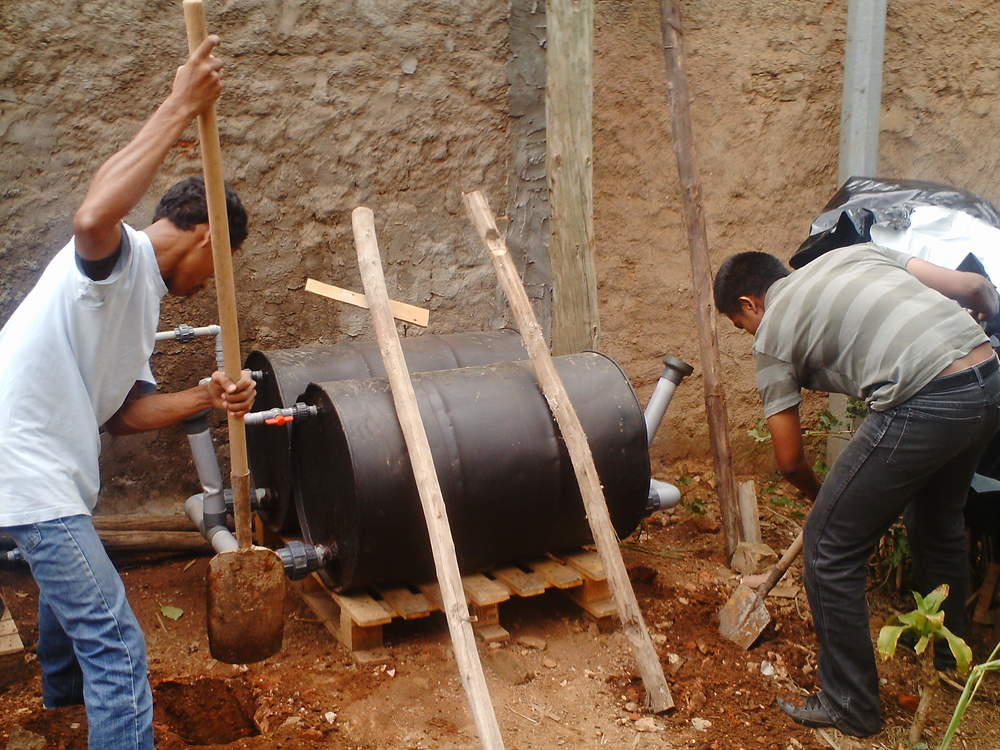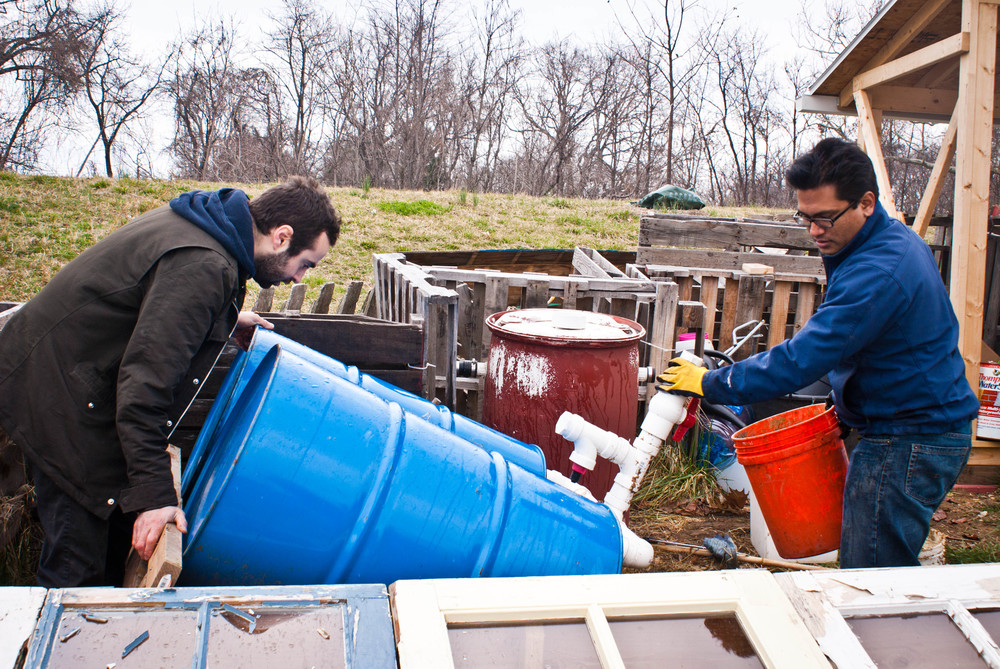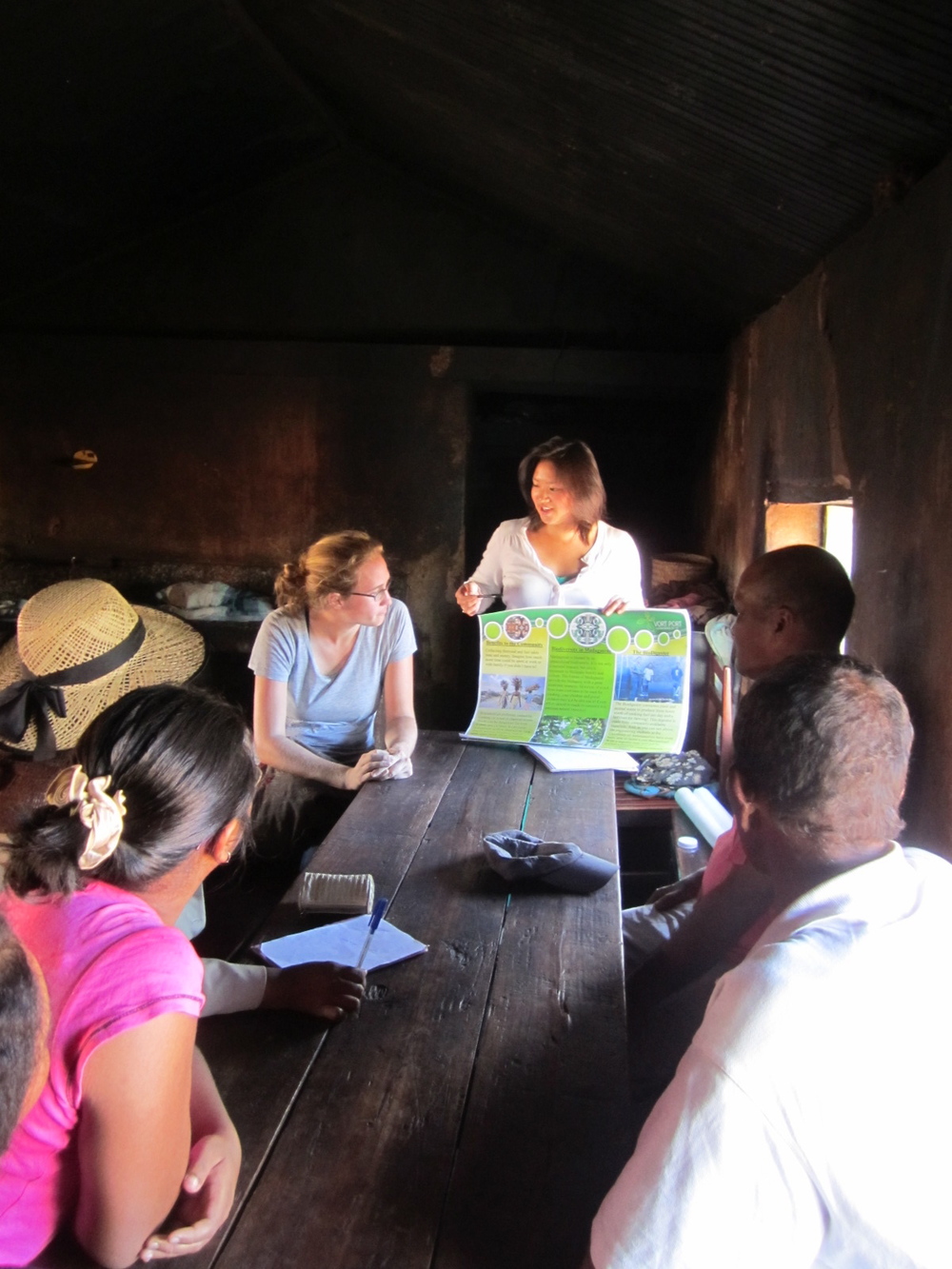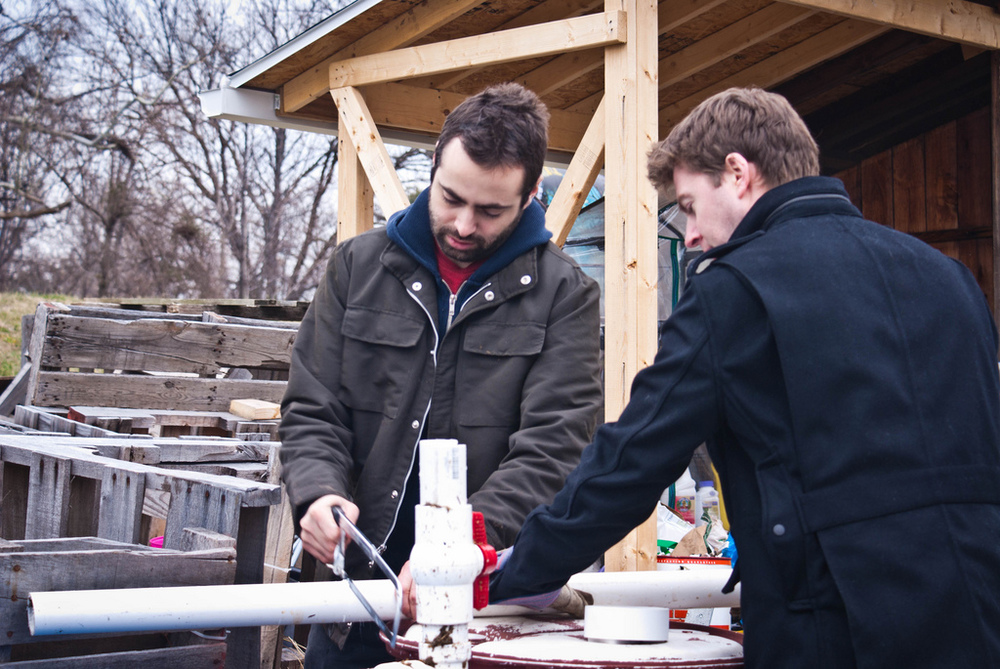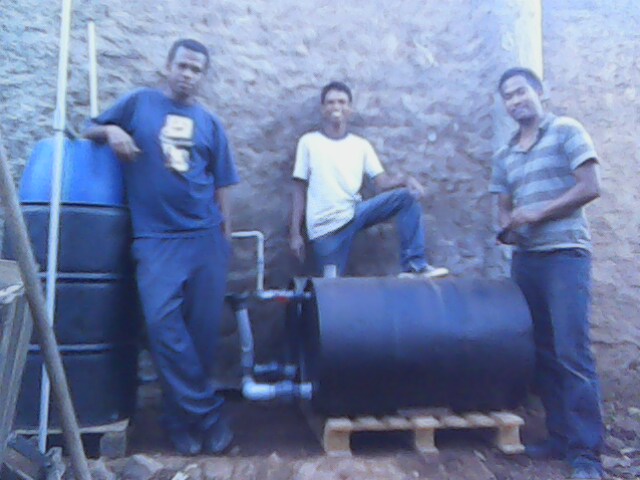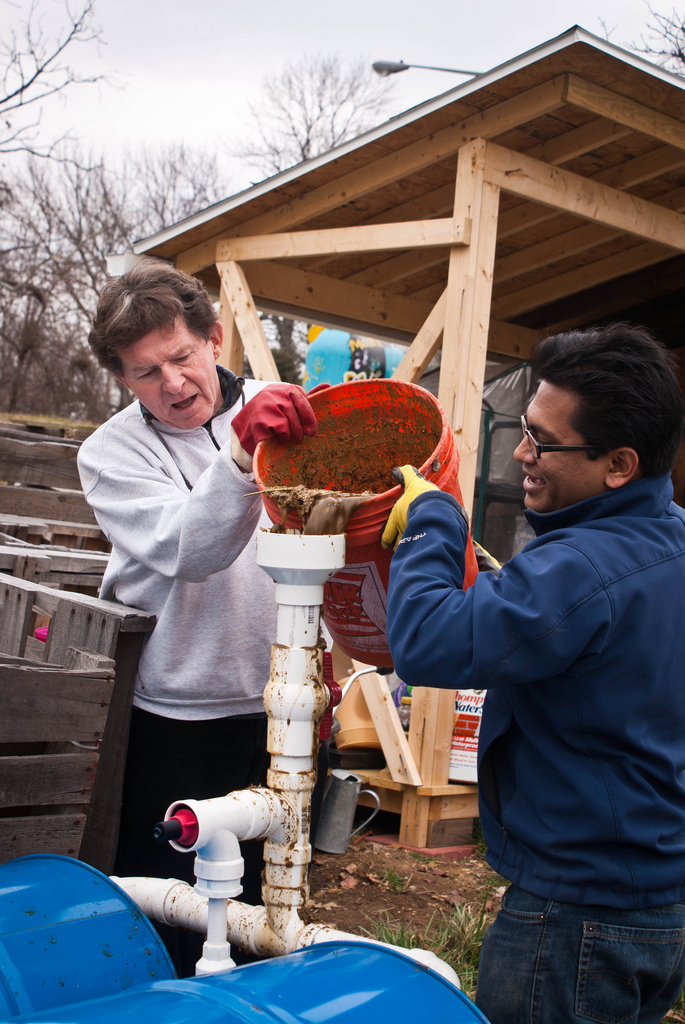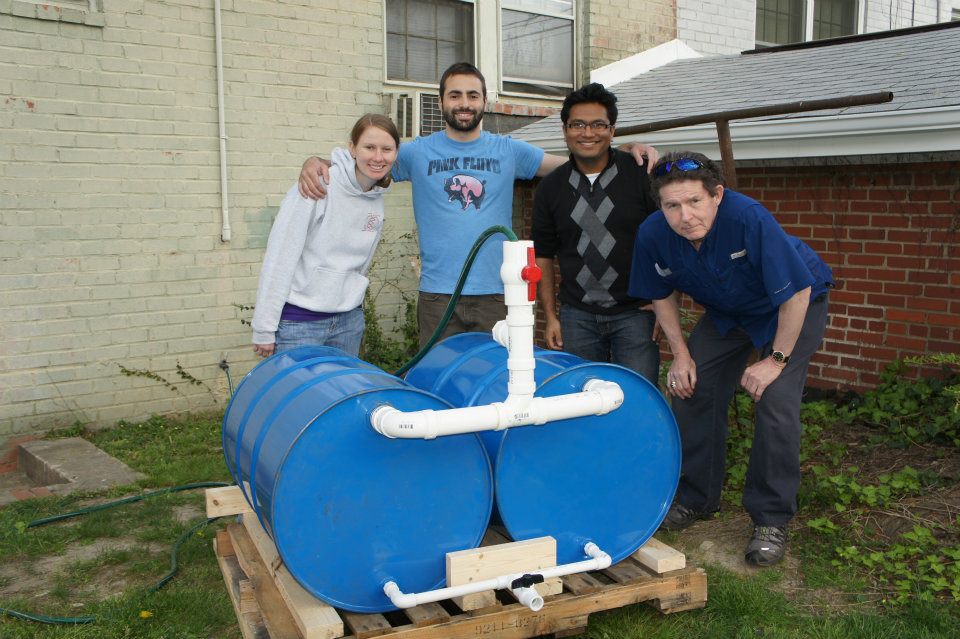BioD Project
Madagascar
Approximately 21 million individuals reside in Madagascar, 88% of whom live in agricultural areas and are reliant on wood as a cooking fuel.
Madagascar has one of the lowest per capita incomes (approximately US$2 per day), with an estimated 80% of the population living below the poverty line. The amount currently spent on charcoal and firewood, about 50 cents a day, is 27% of a family’s income.
- According to the World Health Organization, indoor air pollution is responsible for 3.7% of the global disease burden in developing regions of the world and 2.7% across all countries.
We are dedicated to:
The Hatch International BioD team is developing biodigester technologies to address issues concerning environmental degradation, human health, and economic opportunities in developing countries. The BioD team has developed a low-cost and effective biodigester that converts organic waste into methane gas. The methane can be used as a cooking fuel in biodiversity-threatened nations such as Madagascar where firewood is currently being used. The technology, paired with conservation management and educational programs developed by Hatch, make this business a long-term sustainable venture.
We are:
The BioD team of technical and business experts is composed of students and professionals from across the United States with backgrounds in engineering and international development. The project is headquartered in Washington, DC, and the team is working jointly with a set of students from the Université d’Antananarivo to test and improve the biodigester prototype.

Our initiative will:
Provide clean and renewable energy. Rural communities have greater access to fuel and use less firewood, thereby decreasing deforestation and increasing monetary savings and access to fuel.
Reduce greenhouse gas emissions. The combustion of biogas produces lower greenhouse gas emissions than firewood or charcoal.
Reduce respiratory diseases. Use of biogas significantly reduces indoor air pollution and upper-respiratory disorders.
Reduce pathogens. Biodigesting sewage can reduce parasitic and pathogenic bacterial counts by more than 90%, improving overall community health conditions.
Convert waste into high-quality organic fertilizer. Families can improve crop yields and save money.
Provide jobs. BioD will provide community members the opportunity to manufacture and sell biodigesters by offering training, reduced bulk prices and financing options, and free outreach and educational programs.
You can help by:
Sharing your expertise, experiences, and knowledge in renewable energy, cookstove technology, computer-aided design (CAD), prototyping, environmental impact analysis, social enterprise, marketing, etc.
Funding ideas and resources to support overseas traveling and supplies.
Donating to the BioD project.
Contact: We welcome your ideas! Please contact Rahul Mitra ([email protected]) or Caroline Angelo ([email protected]) with suggestions or questions. Thank you!
Our goal:
We plan to travel to Madagascar in the summer of 2014 to implement units and continue building relationships with partner communities, with the ultimate goal of establishing a locally run business distributing these biodigesters. Made from commonly available materials such as PVC piping and plastic drums, the biodigester is easy to build and maintain and can produce more than three hours worth of cooking fuel per day. The BioD team, in conjunction with Malagasy students, will train rural community members in assembling and maintaining the biodigester. The team will also educate community members on the importance of sustainable energy and environmental and personal health. This knowledge will provide them with new economic opportunities, skills that can be shared with other communities, and a healthier lifestyle.

